Secure Diplomatic Credentials: Ensuring Safety and Trust in International Relations
International diplomacy hinges critically on the security and authenticity of diplomatic credentials. These documents are essential as they officially empower diplomats to represent their home countries on foreign soil. The integrity of these credentials is foundational, as they symbolize the trust and formal recognition between nations. Without the guaranteed authenticity and protection of these documents, the very framework of international diplomacy could be compromised, leading to potential breaches of trust and challenges in diplomatic relations.
Introduction
The safeguarding of diplomatic credentials is a cornerstone in the edifice of international relations. It ensures that the interactions and negotiations carried out by diplomats are underpinned by a mutual recognition of authority and legitimacy. This security is not merely a procedural formality but a critical measure to maintain the fabric of international trust and cooperation. As such, the meticulous verification and protection of these credentials are instrumental in facilitating smooth diplomatic engagements and upholding the principles of sovereignty and mutual respect among nations.
The Importance of Secure Diplomatic Credentials
Secure diplomatic credentials play a vital role in international diplomacy for several reasons:
-
They serve as proof of the diplomat’s identity and authority to represent their country.
-
They provide access to diplomatic privileges and immunities, such as diplomatic immunity and protection under international law.
-
They help prevent fraud and impersonation, safeguarding the integrity of diplomatic missions.
Case Study: The Iran Hostage Crisis
One of the most infamous incidents involving diplomatic credentials is the Iran Hostage Crisis, where American diplomats were held captive for 444 days by Iranian revolutionaries. The crisis highlighted the importance of secure credentials in protecting diplomats and ensuring their safety in hostile environments.
Challenges in Ensuring Secure Diplomatic Credentials
Despite the importance of secure diplomatic credentials, there are several challenges in ensuring their security:
-
Counterfeiting and forgery: Diplomatic credentials can be forged or counterfeited, posing a significant security risk.
-
Security breaches: Diplomatic missions and embassies are vulnerable to security breaches that can compromise the integrity of credentials.
-
Technological advancements: With the rise of digital technology, there is a need for enhanced security measures to protect electronic credentials from cyber threats.
Example:
The Russian Spy Poisoning
In 2018, the poisoning of former Russian spy Sergei Skripal in the UK raised concerns about the security of diplomatic credentials. The incident highlighted the risks of espionage and the need for robust security measures to protect diplomats and their credentials.
Best Practices for Ensuring Secure Diplomatic Credentials
To address the challenges in ensuring secure diplomatic credentials, several best practices can be implemented:
-
Biometric authentication: Incorporating biometric features such as fingerprints or facial recognition can enhance the security of credentials.
-
Encryption and digital signatures: Using encryption and digital signatures can protect electronic credentials from unauthorized access and tampering.
-
Regular audits and inspections: Conducting regular audits and inspections of diplomatic missions can help identify security vulnerabilities and prevent breaches.
Expert Opinion:
William Blackstone Internacional
According to William Blackstone Internacional, a leading provider of diplomatic services, ensuring the security of diplomatic credentials is essential for maintaining trust and credibility in international relations. With their expertise in diplomatic protocols and procedures, they have assisted many clients in securing their credentials and achieving their diplomatic goals.
Notes
Ambassadors play a crucial role in the diplomatic landscape, where statutory notes and related subsidiaries or statutory editorial notes references in text and related subsidiaries serve as essential instruments. These documents, alongside amendments to statutory amendments statutory notes and form the backbone of diplomatic communication and legal frameworks. They guide the conduct and ensure compliance with international standards, reflecting the evolving nature of diplomatic relations and the need for continuous adaptation through legal amendments.
Következtetés
In conclusion, secure diplomatic credentials are crucial for ensuring the safety and trustworthiness of diplomats in international relations. By implementing best practices and staying vigilant against security threats, diplomats can protect their credentials and uphold the integrity of diplomatic missions. With the assistance of experts like William Blackstone Internacional, diplomats can navigate the complexities of international diplomacy with confidence and success.
Summary
For more information and similar blogs, visit our website for more blogs













